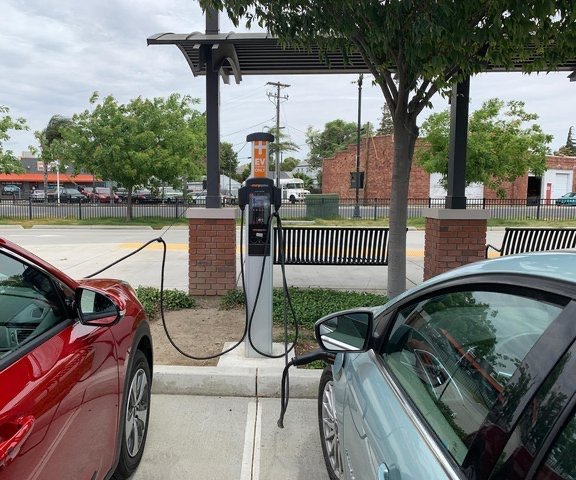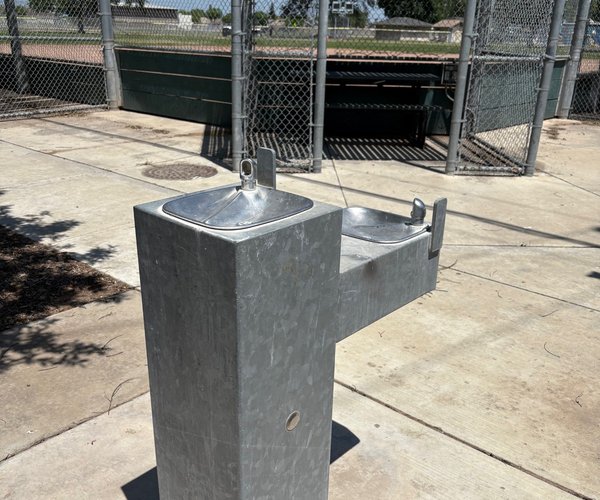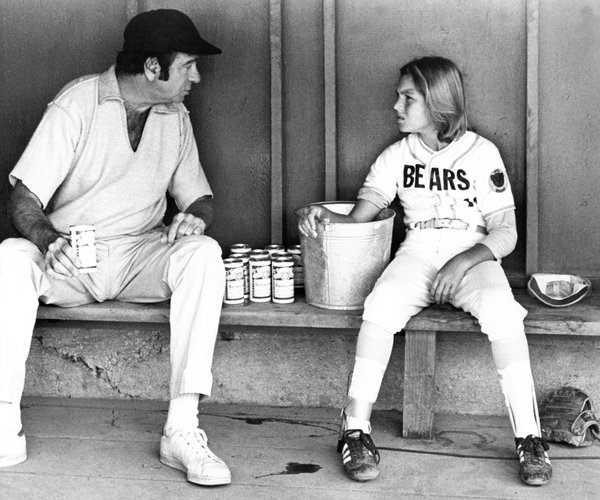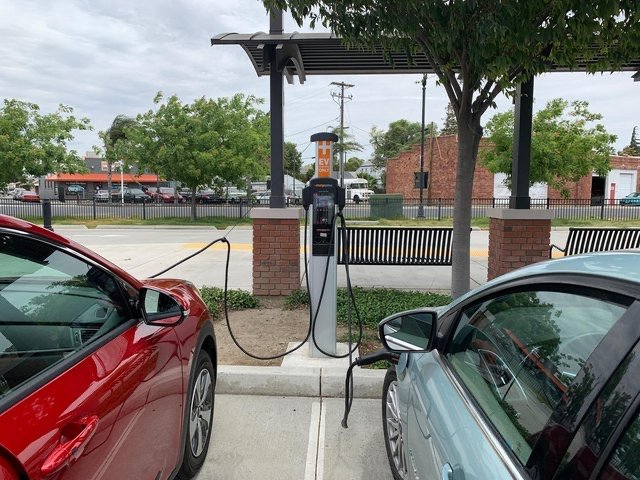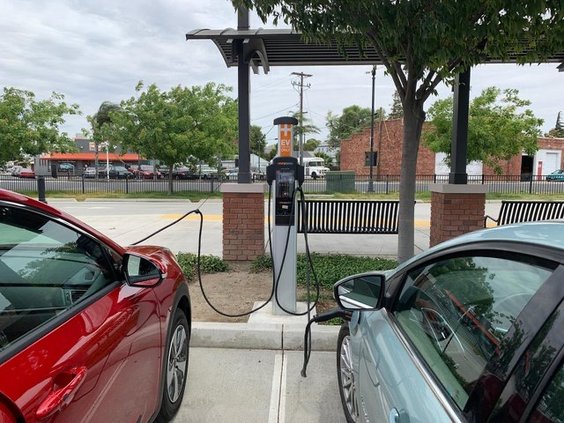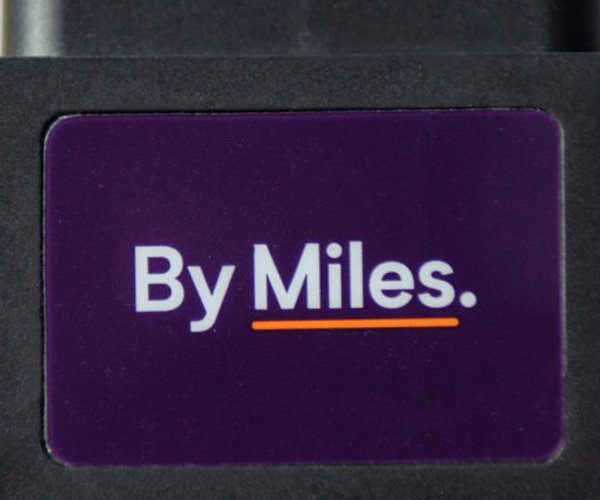Nick DeGroot, Alex Hildebrand, and Bob Cabral.
DeGroot was an immigrant from the Netherlands.
Hildebrand was Berkeley born and raised, former president of the Sierra Club, and an engineer.
Cabral was a lifelong San Joaquin County resident and 1955 Ripon High graduate.
All three had full lives.
All three were part of the Manteca-Ripon-Escalon community.
All three had impressive accomplishments.
All three were farmers.
DeGroot was a dairyman.
Hildebrand grew field crops.
Carbal was an almond grower.
All three were visionaries.
They were the catalysts for things that would stun those with myopic, caricature driven views of the men and women that are proud to be called farmers or ranchers.
The things they played key roles putting in motion societal improvements that have — and will — make the lives of people better who may never step on a farm.
But because of the three, people will have water running out of their faucets, flood protection, assurances water will be available to grow food, and the ability to commute to the Bay Area or Sacramento without having to get behind the wheel of a car.
DeGroot — for those that vilify farmers “north” of Manteca selling their land to developers — owned the land where much of Del Webb now stands.
But his legacy for making Manteca a place where people can raise families and retire isn’t allowing the converting of almond orchards and such into age-restricted homes.
It was his push that has given Manteca one of the most sustainable water systems in the region — ground water blended with surface water.
And not just any surface water. It is water secured by front-of-the-line superior legal water rights on the Stanislaus River basin and not simply a “contract.”
DeGroot played a critical role in advancing the idea that South San Joaquin Irrigation District water — he was a member of the board — could supply the district cities of Manteca, Escalon, and Ripon water as well as Tracy and Lathrop.
Other farmers weren’t thrilled with the idea. There were city leaders that dismissed it as unneeded and too expensive. And his fellow SSJID board members were skeptical.
But as DeGroot shared in a conversation prior to the water treatment plant on Dodds Road being dedicated in his honor in 2005, it was about the cities and farmers working together to provide for future needs.
It was a partnership DeGroot believed would assure future water for farming and cities. It was a position rooted in the belief two entities working together instead of against one another while being careful not to short change the environment was the best way to protect the legacy of pre-1914 water rights against outside forces.
He spent many a night after working the farm calculating and re-calculating numbers that showed irrigation water being used for cities would come from more prudent and therefore less costly water use by farmers plus land conversion would not hurt agriculture.
Today — and going forward with a future second phase treatment plant expansion — DeGroot’s dogged persistence and willingness to make the case over and over again with those that initially wanted nothing to do with the idea, is why Manteca has weathered drought fairly well.
It is also when combined with the city’s location on the regional groundwater basis that the coming mandate that more water can’t be taken from an aquifer than replaced in a year, will not end up strangling Manteca and forcing draconian cutbacks in water use.
Hildebrand was the ultimate student of California water.
More than a few career state water experts, elected state leaders, and those of advocacy groups representing a repertoire of water interests said as much.
His decision to leave his career as a Standard Oil engineer behind him to farm along the banks of the Sanb Joaquin River between Airport Way and the Mossdale Crossing led to him tackling the Rubik’s Cube of California water dynamics/water politics for the rest of his life.
His patient behind-the-scenes efforts to persuade water users, environmentalists and agencies from local districts to the state and federal government to move toward a workable shared solution paid off in a number of ways for improved flood control, water use, storage and such that only a water policy wonk could appreciate.
As an example, he was given credit for originating the idea to augment the San Joaquin River flow by re-circulating Delta water via the Delta Mendota Canal back to the Delta.
That decision was significant in improving the health of the San Joaquin River’s final stretch before reaching the Delta as well as the Delta itself. It also reduced the pressure to cut deliveries to Southern California and the large farms on the west side of the Southern San Joaquin Valley in order to protect the San Joaquin River and parts of the Delta.
Hildebrand served for more than 35 years on the South Delta Water Users board,
Many thought Bob Cabral was channeling Don Quixote.
Thet’s because the lifelong farmer, former longtime county agricultural commissioner, and San Joaquin County Board of Supervisor at the time was convinced you could get car-crazed from behind the wheel and onto commuter trains to travel back and forth over the Altamont Pass to the job-rich Bay Area.
As such, he became the driving force among elected leaders to get ACE up and running.
From the start, it wasn’t your typical government rail system. It has enjoyed one of the highest — and often the highest — fare box recovery for ongoing operating and maintenance expenses in the country.
And now, in the next sew years, ACE service will be coming to downtown Manteca.
As the service is rolled out in phases, you will be able to step on a train literally a hundred of so feet from the edge of the Manteca High campus in downtown to travel to San Jose, Sacramento, Union City to connect with BART, Merced to connect with high speed rail, and travel as far north as Chico.
All of that by rail.
Farmers — since the beginning of time — have been the basic builders of civilization.
They are the reason man isn’t a nomad surviving by hunting and gathering.
This column is the opinion of editor, Dennis Wyatt, and does not necessarily represent the opinions of The Bulletin or 209 Multimedia. He can be reached at dwyatt@mantecabulletin.com


